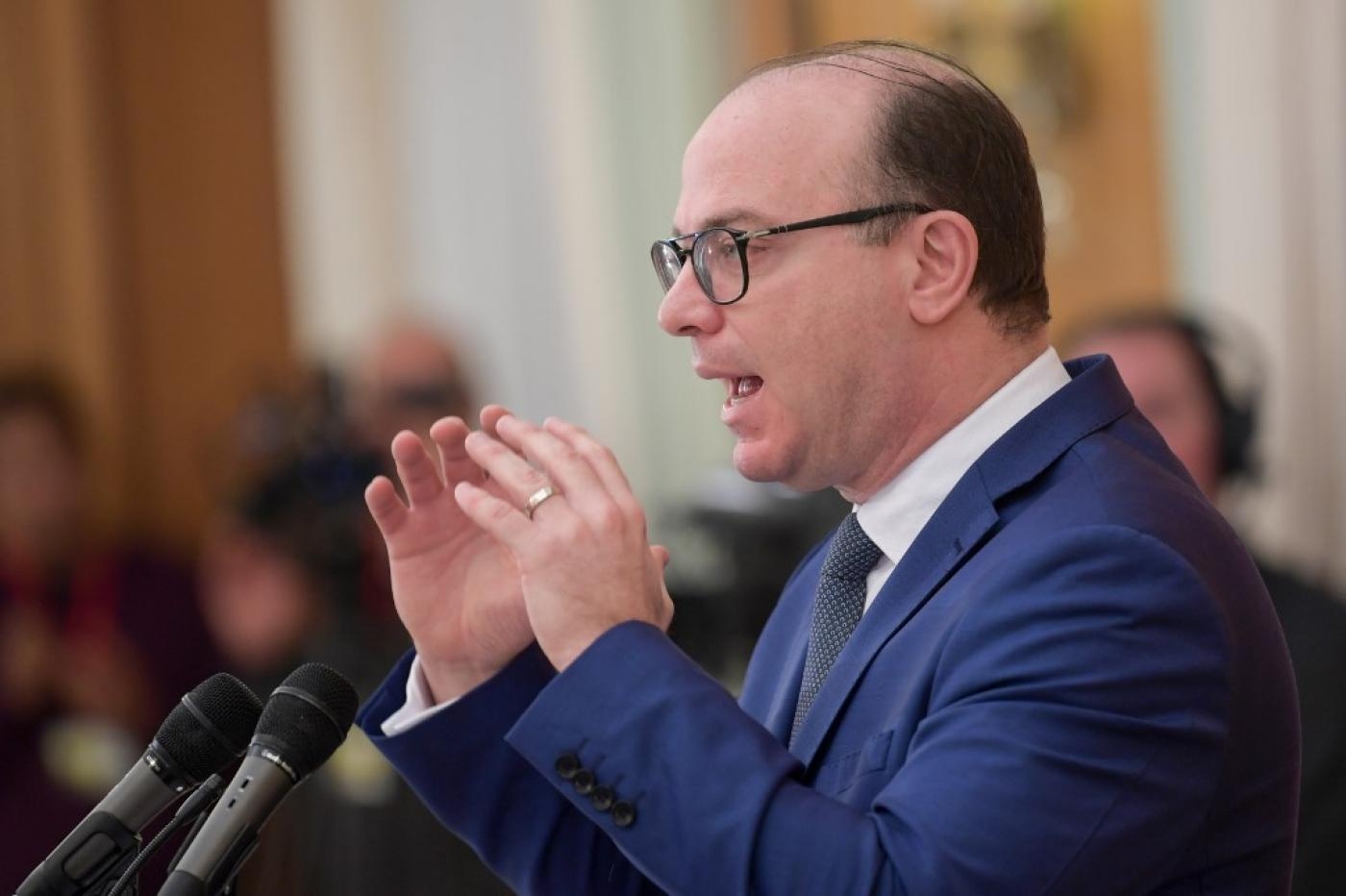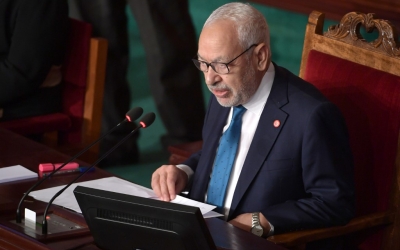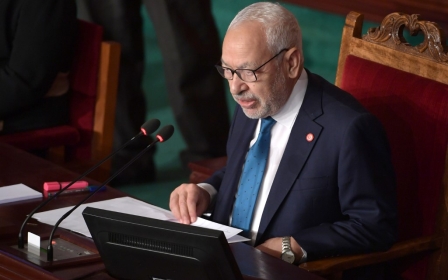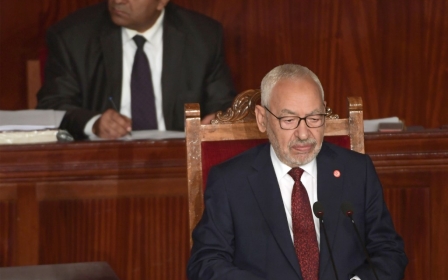Tunisia's Ennahda to withdraw confidence from government, says party official

Ennahda, the biggest party in Tunisia's parliament, decided on Wednesday to withdraw confidence from the government, one of its senior officials told Reuters.
The move will deepen the political crisis engulfing Prime Minister Elyes Fakhfkah, whom Ennahda says has lost credibility due to an alleged conflict of interest.
Ennahda, with 54 lawmakers, needs 109 votes in parliament to withdraw confidence and will seek support for the motion from its two allies, the Karama and Heart of Tunisia parties.
Fakhfakh said on Monday he would conduct a cabinet reshuffle in the coming days in what appeared to be a step to remove Ennahda's six ministers from the government.
But Ennahda’s response came quickly and could make the Fakhfkah cabinet, just formed in February, the first government not to last six months in the North Africa country.
"We adopted the option to withdraw confidence from the prime minister and mandates the party leader to follow up on the implementation of the decision," said Ennahda official Imed Khmiri.
Fakhfakh denies wrongdoing
An independent member of parliament published documents last month indicating that the prime minister owns shares in companies that had won deals worth 44m dinars ($15m) from the state.
Fakhfakh has denied he did anything improper or corrupt and has promised to step down if investigators find wrongdoing.
On Monday, Ennahda had asked for consultations to appoint a new prime minister, a move opposed by President Kais Saied.
"There will be no consultations so long as the prime minister remains in power," Saied's office said in a statement after a meeting with the premier.
On Sunday, several parties said they would launch a vote of no confidence in Rached Ghannouchi, accusing the parliamentary speaker and co-founder of the Ennahda party of pursuing partisan interests.
Tunisia is struggling to revive its collapsed economy since its 2011 revolution that ended the rule of former president Zine El Abidine Ben Ali and sparked the Arab Spring.
The government said on Monday it asked four countries to delay debt repayments, as it announced more pessimistic economic and budget forecasts for 2020 because of the coronavirus pandemic.
The request on debt repayments underscores the dire condition of Tunisia's public finances, already a source of concern before the coronavirus crisis pummelled the global economy.
Fakhfakh said last month that the economy would shrink by some six percent this year as "all state enterprises are in bankruptcy".
Middle East Eye delivers independent and unrivalled coverage and analysis of the Middle East, North Africa and beyond. To learn more about republishing this content and the associated fees, please fill out this form. More about MEE can be found here.





